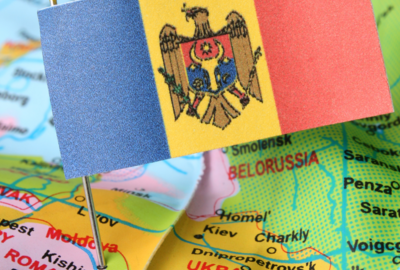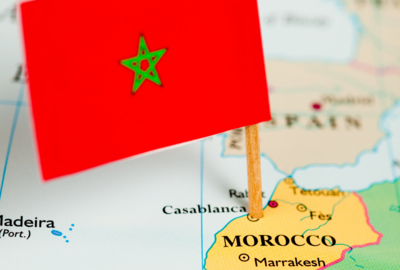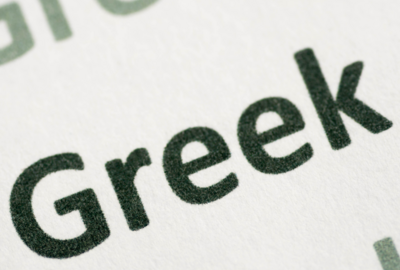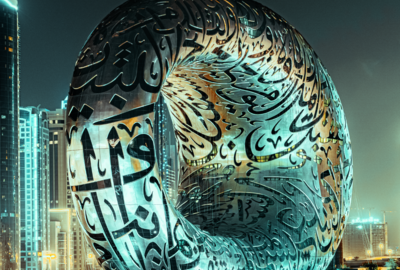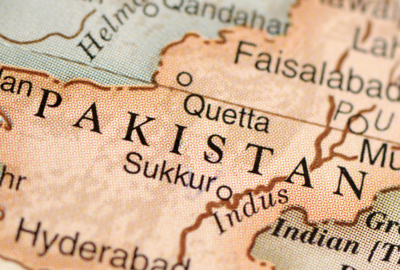
What language is spoken in Egypt? Official and spoken languages
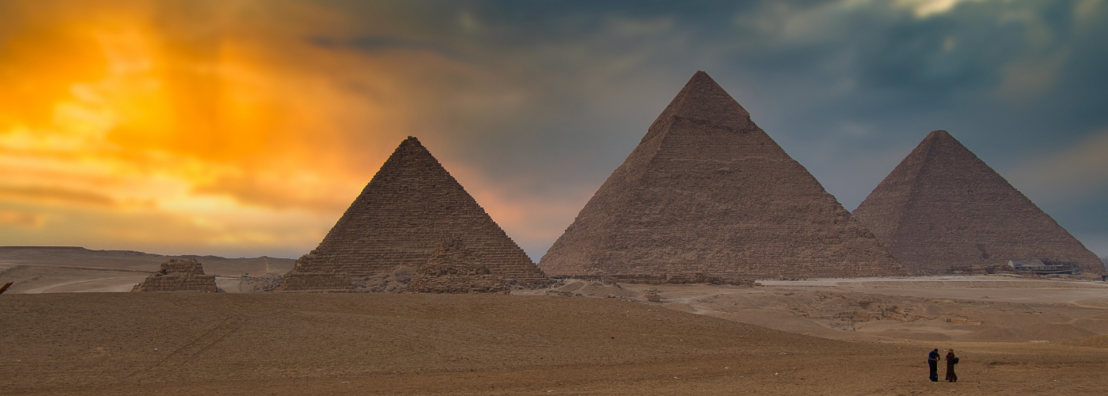
What language is spoken in Egypt?
Are you wondering what language is spoken in Egypt and whether there is an actual Egyptian language? Well, most of the population of this country is made up of Arabic-speaking Egyptians, who according to some studies make up almost 95 per cent of the total population. But what are the other languages spoken in Egypt?
Languages of Egypt
Egyptian Arabic
Although Modern Standard Arabic is official throughout the country, the Arabic used on a daily basis is Egyptian, especially in the northern part of Egypt. It is a true dialect whose formation was influenced by the Coptic language, which we will discuss later, but also by English, French, Greek, Italian and Ottoman Turkish.
Saidi dialect
In the south of the country, in Aswan or even Luxor, the so-called saidi dialect is spoken, a variety of Arabic that is in turn divided into further dialects.
Coptic language
A minority, the one formed purely by the religious group of Copts, still speaks the Coptic language. This language is based on the Greek alphabet and appeared in Egypt from the mid-2nd century, a period coinciding with the advent of Christianity in the country. From the 7th century onwards, as a result of Islamic expansion and the arrival of the Muslim religion, the Coptic language was almost completely swept away by Arabic.
English and French
English, as in many other countries, seems to be quite developed among the population, especially if one takes into account the fact that Egypt was a British colony for several years. Signs and road signs can easily be found in this language, especially in major cities and tourist resorts. Even banknotes are printed in Arabic and English. Languages in Egypt also include French, which, like English, is taught in the country's schools.
Other languages
There are linguistic minorities in some parts of the country, such as the Beja ethnic group that speaks Tigrinya or a branch of Cushite, groups that speak Berber languages or languages belonging to the Nilo-Saharan family. In addition, there are also some Greek, Italian, and Armenian minorities.
Online
Language courses
Learn foreign languages effectively and in the comfort of your own home with real teachers!
Get a 5% loyalty discount on your next language study trip!
Official languages in Egypt
The official language in Egypt is Standard Arabic. However, as we have seen before, different varieties of Arabic are spoken in different areas of the country. In particular, Egyptian Arabic, which appears in various written works such as novels and comics and in songs and advertisements, is the main modern Egyptian language. This means that this 'colloquial Egyptian' is the language spoken in Egypt today by the majority of people, even though Standard Arabic is the official language of the country.
Arabic is a Semitic language, i.e. part of that group of languages of Afro-Asiatic origin formed by a three-consonant root system. The vowels are the same as in Italian but are pronounced lightly; thus, Arabic is a language full of consonants that require a very different pronunciation from what we are used to. Arabic is written from right to left and words, as in other Semitic languages, are formed through the internal combination of vowels.
A brief history of the Egyptian language: Ancient and Modern
By now, almost everyone associates hieroglyphic inscriptions with the ancient Egyptian language. However, it is a very ancient language, the first evidence of which dates back to around the 4th millennium BC, and which has evolved over the centuries with more or less radical changes, depending on the historical period.
Initially, hieroglyphs were used, ideograms or pictograms to which objects or actions corresponded. Later, starting around 3000 B.C., hieratic writing began to establish itself, which was a more simplified version intended mainly for religious writings. Finally, in the 1st millennium B.C., Demotic writing began to be used, mainly for everyday and common texts.
The turning point came with the Coptic language, which, as we have seen above, became established in Egypt along with the Christian religion, and then around the 2nd century. The use of characters from the modified Greek alphabet began to take hold, to which some symbols from the Demotic script were also added. However, Coptic never managed to become the sole and official language of Egypt because it was overtaken by Arabic a few centuries later, with the Arab conquest of the country. To this day, Arabic is still the main language in Egypt and is mainly used in the written form, while the Egyptian dialect prevails in the spoken form.
Do you want to study Arabic or another foreign language?
On this Sprachcaffe page, we have talked about the Egyptian language and explored its characteristics together, but there are thousands of different languages in the world. Do you want to study a foreign language? Whether you do it for work or for pleasure learning new languages is always good, because it allows you to broaden your cultural background and better understand other cultures. Here at Sprachcaffe you have the opportunity to take online language courses from the comfort of your own home, as well as the opportunity to go on a language study holiday.
If you have decided to learn Arabic in order to travel more easily to Egypt, for example, you can consult this page of our website and find out about the options available to you. Our catalogue also includes courses covering French, Spanish, German, and of course English. But that's not all! Discover all the other foreign languages you can learn with our help and contact us if you have any doubts or would like advice on which package to book. You can also call us in the mornings and afternoons on 0686356746, Monday to Friday.

